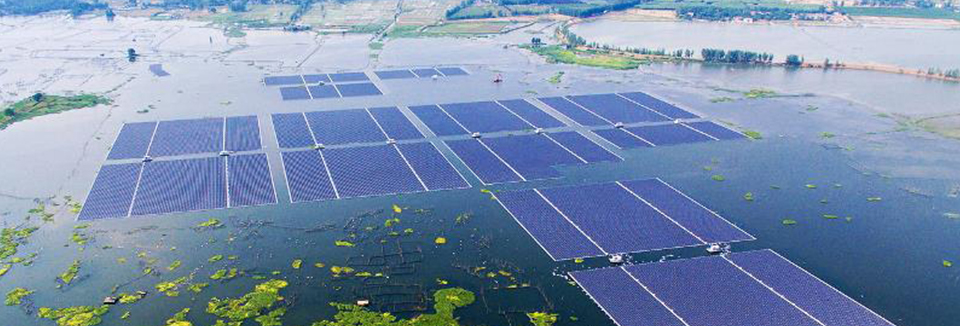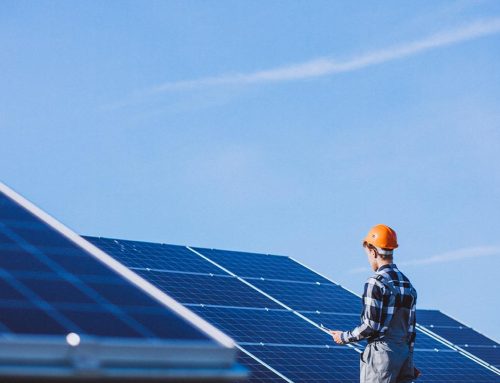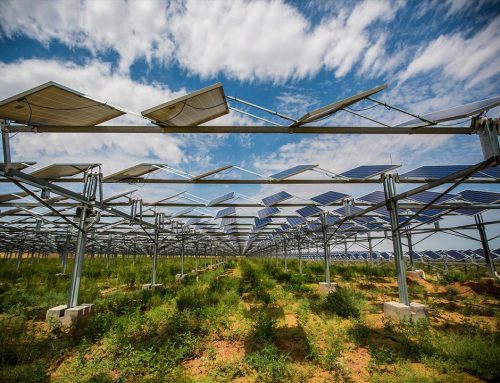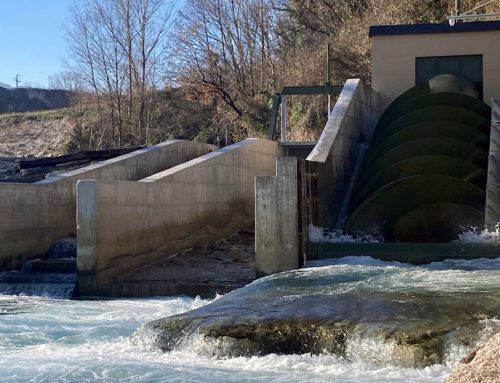Floating PV can greatly affect water evaporation, a study on a PV system in a reservoir in Brazil has shown.
In fact, among the many benefits of floating PV systems is the ability to reduce water evaporation rates by shading panels on the surface of reservoirs. This is an important environmental benefit, especially in warmer, drought-affected regions.
This recent study by two universities, Ponta Grossa in Brazil and Louisiana-Lafayette in the United States, estimated the effects of floating PV systems on water evaporation rates by analyzing, as a case study, a 130 kW floating PV system in the Passaúna reservoir, of about 8.5 square kilometers, in southeastern Brazil. It is a plant that occupies an area of 1,265 square meters and has 395 PV modules of 330 W maximum power. To calculate the evaporation rate, the researchers in their models employed various meteorological data such as temperature, humidity, wind speed and solar radiation.
The research, titled “Effects of a Floating Photovoltaic System on the Water Evaporation Rate in the Passaúna Reservoir, Brazil,” was published in the academic journal Energies. The tests showed that the existing photovoltaic system can reduce water evaporation by 60 percent in the area of the reservoir covered by the modules.
Simulations were also done with larger PV systems of 1, 2.5 and 5 MW. For example, a 5 MW floating PV installation could reduce evaporation for a volume of water corresponding to the average annual consumption of nearly 200 people. And if the entire Passaúna Basin were covered with floating PV modules, thanks to the reduced evaporation, enough water could be saved to cover the needs of more than 35 thousand people per year.
The STREAM Consortium looks at the expansion of energy production from renewable sources as an ethical and sustainable business, managed with respect for environmentally conscious operational transparency, using the best technologies and a virtuous exchange with the customer and the market, to produce responsible and positive growth for all.





